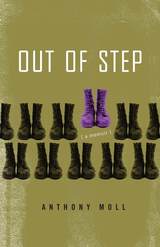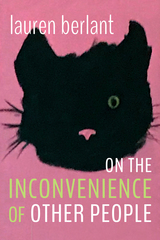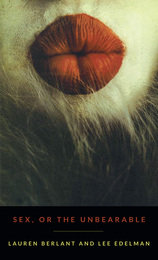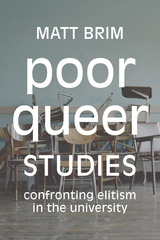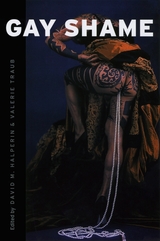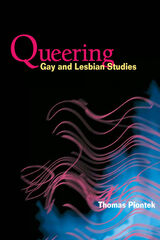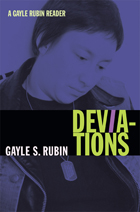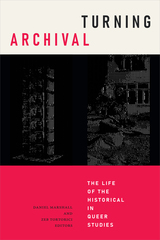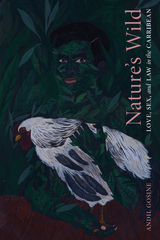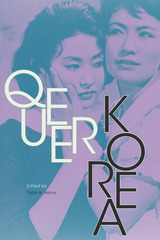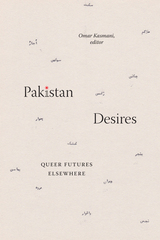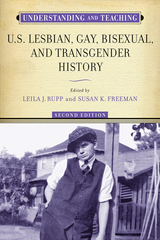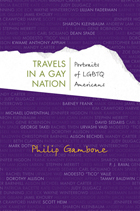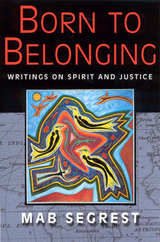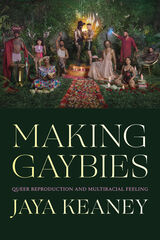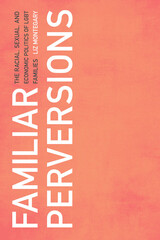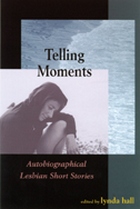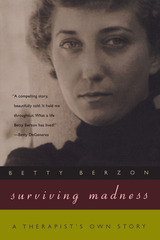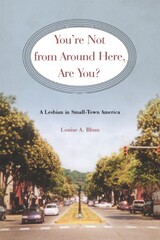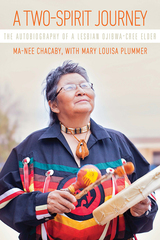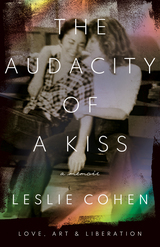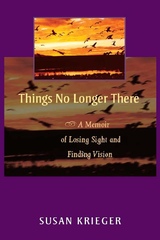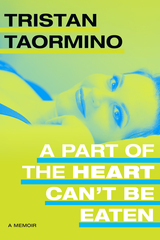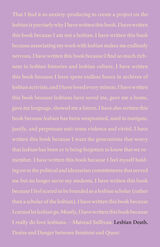Gay Lives: Homosexual Autobiography from John Addington Symonds to Paul Monette
University of Chicago Press, 1999
Cloth: 978-0-226-72180-4
Library of Congress Classification HQ75.2.R63 1999
Dewey Decimal Classification 306.76620922
Cloth: 978-0-226-72180-4
Library of Congress Classification HQ75.2.R63 1999
Dewey Decimal Classification 306.76620922
ABOUT THIS BOOK | TOC
ABOUT THIS BOOK
In his autobiography, John Addington Symonds relates a glorious night of passion, in which he and his lover "lay covered from the cold in bed, tasting the honey of softly spoken words and the blossoms of lips pressed on lips." Christopher Isherwood's first autobiography, on the other hand, was far less direct; he wrote a second autobiography in part because the first was "not truly autobiographical" in that "the author conceals important facts about himself." These contradictions, evasions, and explicit sexual details of the life stories of fourteen men form Gay Lives, a revealing account of homosexual autobiography.
Paul Robinson reads the memoirs of French, British, and American gay authors—André Gide, Quentin Crisp, and Martin Duberman, among others—through the prism of sexual identity, asking fascinating questions about homosexuality and its relation to literary form. How did these authors discover their sexual identity? Did they embrace it or reject it? How did they express often conflicted desires in their words, which ranged from defiant and brutally frank to ambiguous and abstract? Robinson considers the choices each made—as a man and an author—to accommodate himself to society's homophobia or live in protest against his oppression.
Despite the threads that connect these stories, Gay Lives refutes the notion that there is a typical homosexual "career" by showing that gay men have led wildly dissimilar lives—from the exuberant to the miserable—and that they have found no less dissimilar meanings in those lives.
Paul Robinson reads the memoirs of French, British, and American gay authors—André Gide, Quentin Crisp, and Martin Duberman, among others—through the prism of sexual identity, asking fascinating questions about homosexuality and its relation to literary form. How did these authors discover their sexual identity? Did they embrace it or reject it? How did they express often conflicted desires in their words, which ranged from defiant and brutally frank to ambiguous and abstract? Robinson considers the choices each made—as a man and an author—to accommodate himself to society's homophobia or live in protest against his oppression.
Despite the threads that connect these stories, Gay Lives refutes the notion that there is a typical homosexual "career" by showing that gay men have led wildly dissimilar lives—from the exuberant to the miserable—and that they have found no less dissimilar meanings in those lives.
See other books on: Gay people | Gay Studies | Gays | LGBTQ+ Studies | Robinson, Paul
See other titles from University of Chicago Press

